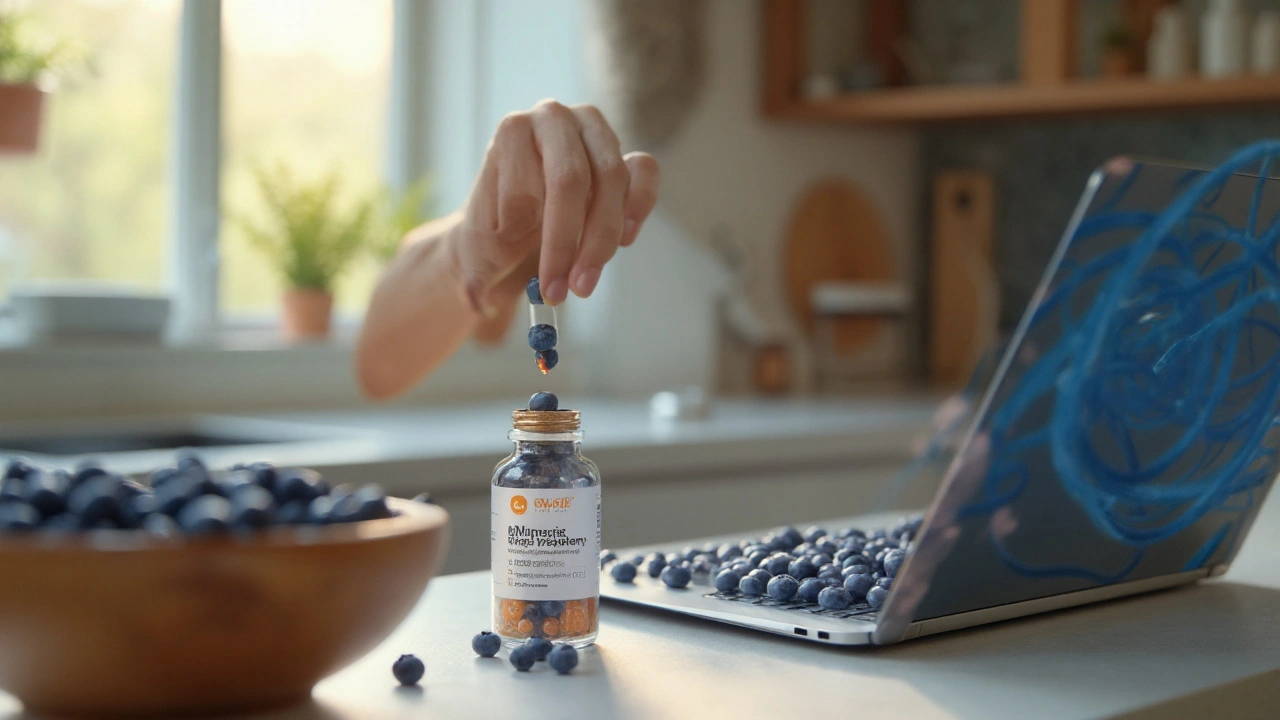Cognitive Performance: How to Boost Your Brain Everyday
Ever notice how a good night’s sleep makes you think clearer, while a restless one leaves you foggy? Your brain burns about 20% of the body’s calories, so giving it the right fuel and rest can change how sharp you feel in minutes.
Simple Lifestyle Changes That Actually Work
First up, sleep. Aim for 7‑9 hours of uninterrupted rest. If you’re waking up groggy, try dimming lights an hour before bed and ditching screens. A dark, cool room helps melatonin do its job.
Next, move your body. Even a 20‑minute brisk walk raises blood flow to the brain, delivering oxygen and nutrients that boost alertness. You don’t need a gym—just a quick stroll around the block or a few sets of body‑weight squats can do the trick.
Hydration matters, too. Dehydration of even 2% can slow reaction time and impair memory. Keep a water bottle handy and sip regularly, especially if you’re drinking coffee.
Stress is a silent performance killer. Short mindfulness breaks—like focusing on your breathing for a minute—reset the nervous system and improve concentration. Try the “4‑7‑8” breathing pattern: inhale 4 seconds, hold 7, exhale 8.
Supplements and Medications That Influence Focus
When lifestyle tweaks aren’t enough, many turn to supplements. Caffeine is the classic pick‑me‑up, but pairing it with L‑theanine (found in green tea) can smooth out the jittery edge while keeping focus sharp. A typical dose is 100 mg caffeine plus 200 mg L‑theanine.
Omega‑3 fatty acids, especially EPA and DHA, support neuronal cell membranes. Studies show regular intake (about 1 g per day) can improve working memory and processing speed. You can get them from fish oil capsules or fatty fish like salmon.
B‑vitamin complex—particularly B6, B9 (folic acid), and B12—helps convert food into neurotransmitters. If you’re vegetarian or older, a daily B‑complex can keep mental fog at bay.
There are stronger prescription options, such as modafinil or certain ADHD medications, that boost alertness. These are effective but come with side‑effects and require a doctor’s approval. Never self‑prescribe.
Remember, “natural” doesn’t always mean safe. Some nootropics marketed online have limited research, and quality can vary. Stick to reputable brands, check third‑party testing, and start with the lowest effective dose.
Putting it all together: Get solid sleep, move daily, stay hydrated, manage stress, and consider a modest supplement regimen if you need extra edge. Track what works for you—simple notes on energy levels or a short daily quiz can highlight patterns.
Improving cognitive performance isn’t about a single miracle pill. It’s a mix of everyday habits that keep your brain well‑fed, well‑rested, and well‑protected. Start with one change today, and you’ll notice clearer thinking faster than you expect.
Discover how blueberry supplements boost cognition, heart health, gut microbiome and more. Learn what to look for, how to use them safely, and answer common questions.
